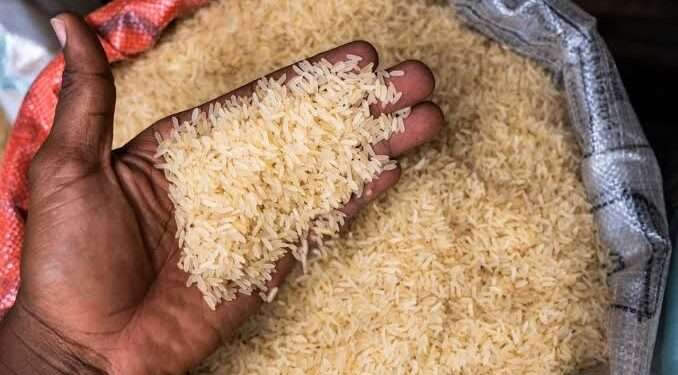Nigeria’s rice industry is facing a severe crisis as local farmers raise alarm over the shutdown of rice mills, mass job losses, and declining production. The Chairman of the Competitive African Rice Forum Nigeria has blamed the sector’s collapse on the influx of cheap rice imports, worsening insecurity, and inadequate government support.
He recounted how Nigeria once achieved remarkable progress in rice production, reaching eight million metric tonnes—enough to meet most of the country’s demand at the time. But this progress, he said, has now been reversed.
According to him, the surge in insecurity, particularly banditry and kidnapping, has made farming increasingly dangerous and disrupted rice production across key agricultural regions. He dismissed claims that recent government-backed rice pyramid displays were deceptive, insisting that the paddies were real, processed, and paid for. He also defended the integrity of rice farmers who received government support, arguing that most of them used it responsibly, even if some politically connected individuals may have taken advantage of the system.
The country once stood on the brink of self-sufficiency in rice, with production at around 5.3 million metric tonnes and demand at 8.5 million metric tonnes. The gap, he argued, could have been closed with consistent support and investment. Instead, production has declined further, opening the door to increased rice imports.
One of the biggest threats, according to him, is the rising dominance of cheap imported rice. He alleged that many importers evade taxes and benefit from foreign subsidies, allowing them to flood the Nigerian market with rice at as little as $10 to $20 per tonne—prices local producers cannot compete with. This has forced many Nigerian mills to shut down and lay off workers.
With the 2027 general elections approaching, farmers and industry leaders are warning of wider political and security consequences if the situation remains unaddressed. They say the collapse of the rice industry threatens rural livelihoods, could drive youth migration to cities, and risks fuelling social unrest and dissatisfaction with public institutions.
They are urging the Federal Government to take swift and comprehensive action. Key demands include ending all selective import waivers on rice and related food commodities, classifying rice as a strategic crop, and enforcing stronger border controls to stop illegal imports.
Additionally, they are calling for the creation of a national rice buffer stock to stabilize prices during harvests and greater government investment in irrigation, mechanization, affordable farming inputs, and low-interest agricultural loans. According to them, enabling farmers to adopt double cropping cycles and ensuring affordable production tools are critical steps toward reviving the rice industry and protecting the jobs and food security it supports










